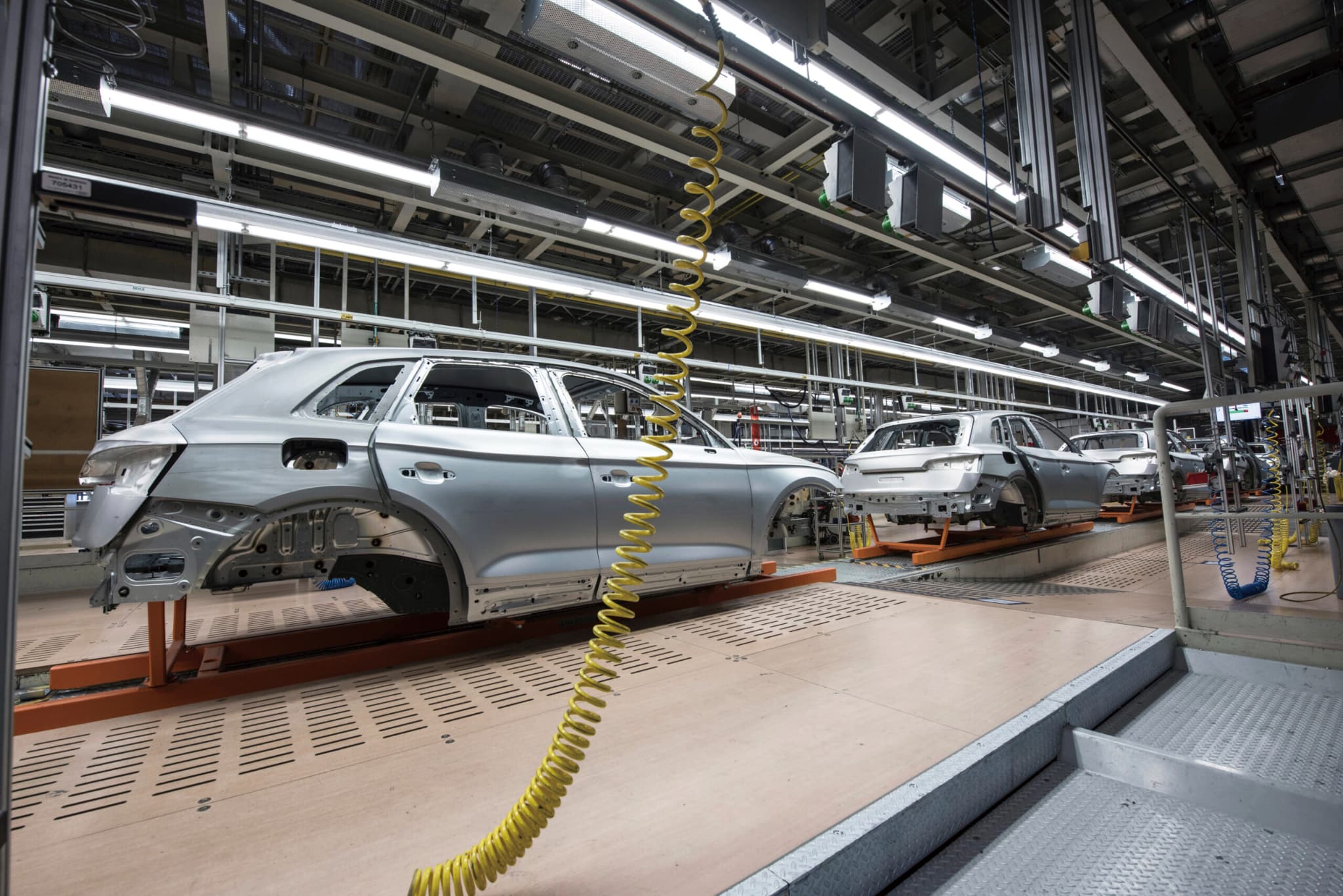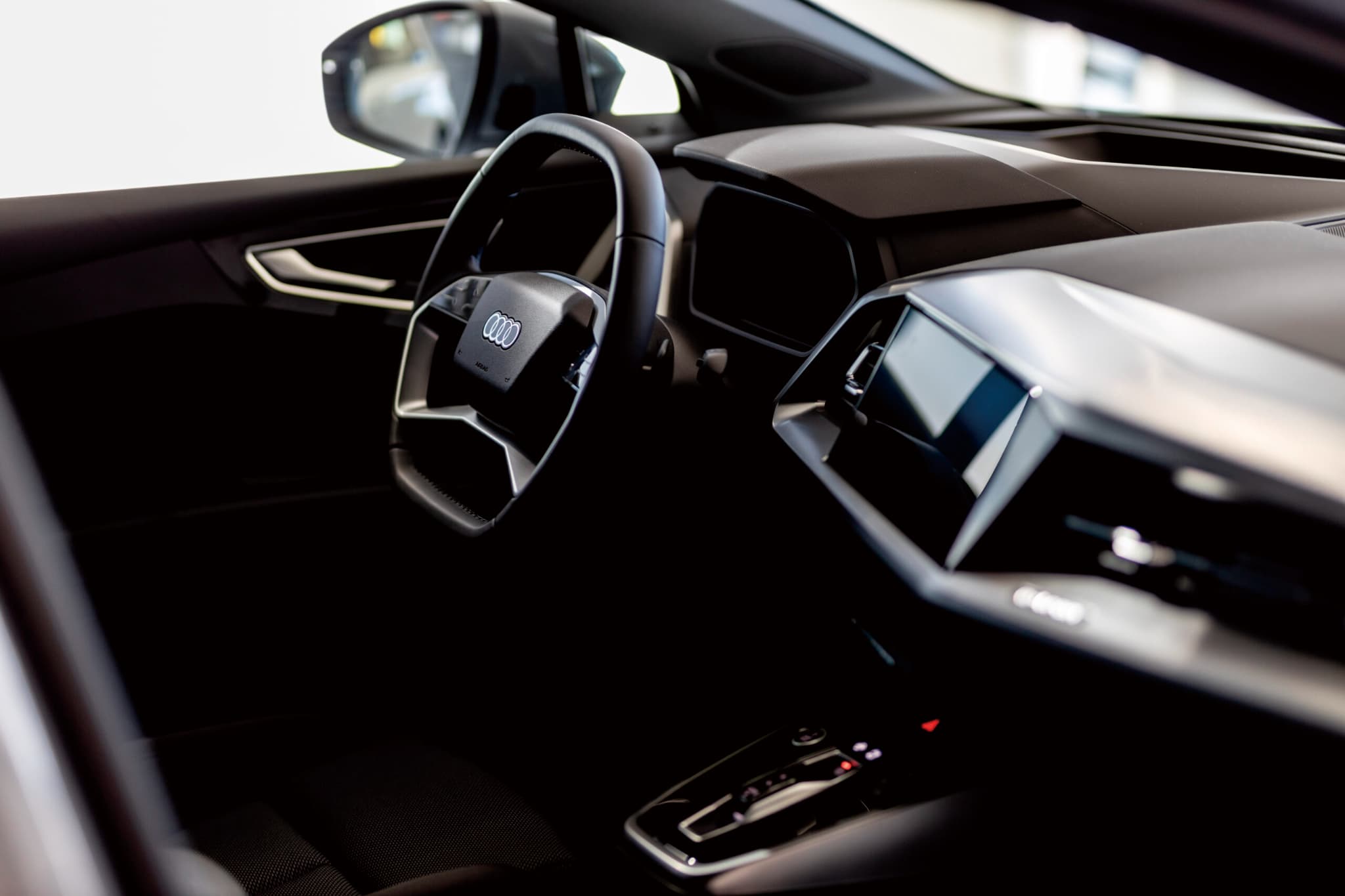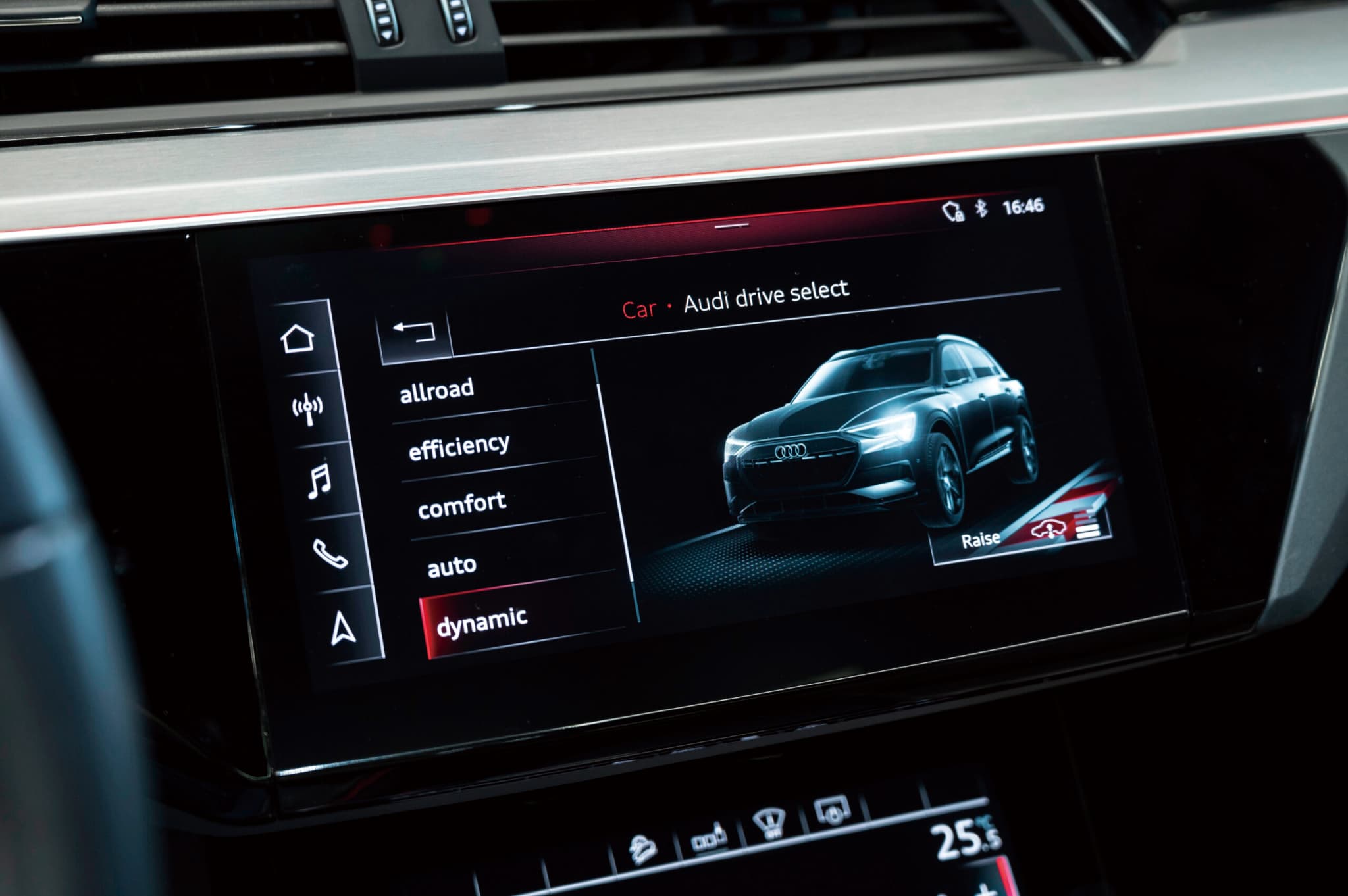Audi’s Acceleration Toward Full Electrification

Zéphyr
A Bold Move Toward Carbon Neutrality
As the world shifts towards a carbon-neutral future, German automaker Audi has announced that starting in 2026, all new models will be exclusively electric vehicles (EVs). This transformation is backed by significant investment in R&D, the development of the Audi e-tron series, and global charging infrastructure expansion. Audi’s EV sales have been steadily increasing in recent years, reflecting growing market interest. But what innovations will shape the future of EVs?
Pushing the EV Transition Post-2026
In 2022, Audi Group reported a revenue of over €61.7 billion, marking a 16% increase from the previous year. Sales of EVs grew by more than 40%, with nearly 120,000 units sold annually. For Audi, a company committed to sustainability, these numbers are a key milestone shaping its future strategy. The company plans to launch over 20 battery electric vehicle (BEV) models by 2025, with the ultimate goal of phasing out internal combustion engine (ICE) vehicles by 2033.

Building a Strong Charging Infrastructure
Between 2022 and 2026, Audi is set to invest approximately €18 billion in EV and hybrid vehicle technology, accounting for nearly half of its €37 billion annual budget. In 2023, the company set an ambitious target of selling three million EVs annually, backed by expanded sales and service networks.
Audi is also prioritizing charging infrastructure. In 2021, it launched the Audi Charging Hub in Nuremberg, Germany, and has since installed around 290,000 charging stations across 26 European countries. Through its IONITY joint venture with Volkswagen and Porsche, Audi aims to deploy 7,000 ultra-fast (350 kW) charging stations across Europe by 2025.
A Strong Presence in Japan
In Japan, Audi recorded 23,000 new vehicle registrations in 2022, marking a 10% increase from the previous year. With strong 2023 sales, Audi Japan is accelerating its local infrastructure expansion.
In early 2023, Audi Japan announced a strategic partnership with PowerX, a Japanese company specializing in ultra-fast EV chargers and stationary battery solutions. Established in 2021, PowerX has secured nearly ¥10 billion in funding from major banks, energy companies, and real estate firms. The collaboration will focus on introducing "Hypercharger" ultra-fast charging stations at Audi dealerships and establishing "Charging Hubs" nationwide. The goal is to expand rapid charging stations to 7,000 locations across Japan by 2023.

EVs as a Core Revenue Driver
With 2023 sales figures surpassing expectations, Audi is enjoying strong growth not just in Germany, but across Europe, the U.S., and China. EV sales surged by over 50%, reinforcing the company’s systematic electrification strategy.
Audi’s CFO Jürgen Rittersberger emphasized that this performance provides a crucial foundation for future model expansion. With 2026 marking the company’s full transition to EVs, Audi is intensifying its sales push and profitability efforts.
As Audi continues its aggressive EV expansion, its electrification journey will be one to watch.
